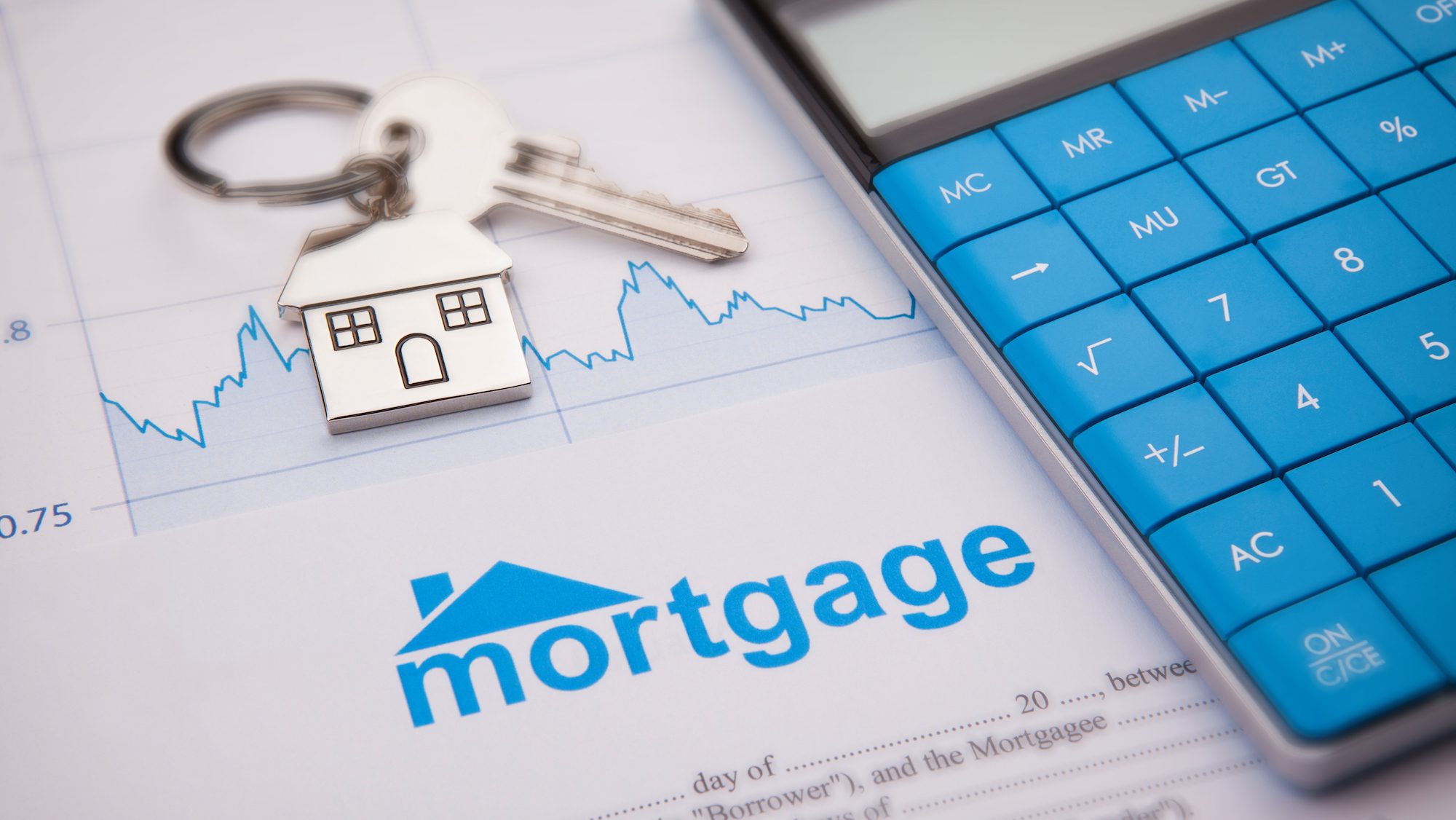
phototechno/Getty Images
When the coronavirus pandemic gutted the strongest U.S. economy, many assumed another recession would bring rock-bottom home prices along with it. Instead, home prices defied logical assumptions—and soared to new heights.
Paradoxically enough, one of the biggest drivers of the double-digit price hikes is the very same record-low mortgage interest rates that put homeownership within reach for the masses. They fell to a new all-time low of 2.81% in the week ending Oct. 15, according to Freddie Mac. That’s shaved a considerable amount off of monthly mortgage payments, allowing buyers to stretch their budgets further.
Those get-’em-before-they’re-gone rates are giving folks who are still employed and have been mulling purchasing a new home a bad case of FOMO. Add in months of being cooped up at home, and suddenly there’s a flood of buyers seeking larger homes, often with home offices and big backyards. That’s ratcheted up demand just as the number of homes for sale has fallen to historic lows. Homeowners simply aren’t as eager to sell during a global pandemic.
That combination of what could be the lowest mortgage rates of our lifetimes, a paucity of inventory, and a desperate rush of buyers has resulted in median home list prices hitting new records. Prices were 12.2% higher than they were a year earlier for the week ending Oct. 10, according to realtor.com® data.
Homes “are selling the day they go onto the market above asking price,” says Ali Wolf, chief economist of Zonda, a national real estate consultancy. “If a buyer wants to win the bid on a home, they have to offer above asking price.”
Those ultrahigh prices are confounding even the experts.
“It’s unprecedented for us to get a massive run-up in home prices during a recession,” says Freddie Mac’s chief economist, Sam Khater. “It’s clear that [mortgage] rates matter even more than unemployment rates.”
However, those purchasing a median-priced home today, at about $350,000, are still paying about $80 less than if they had bought a median-priced home of $315,000 last year at the higher average rate of 3.69%, according to a realtor.com analysis.
“The affordability goes up, so people are willing to take on greater debt because the payment is still in their wheelhouse,” says Rocke Andrews, a mortgage broker at Lending Arizona in Tucson. “The only real limiting factor then is the down payment. It does require more down payment as prices go up.”
When mortgage rates go back up, will home prices go back down?
The big question on the minds of many buyers and sellers: When mortgage rates rise again—as they ultimately will—are home prices going to fall? It’s not likely, say the real estate experts.
“If rates were higher, the prices wouldn’t increase as much,” says Andrews. “There wouldn’t be as many people who could buy the homes. … Houses would stay on the market longer, and [sellers] would be willing to take less than asking price.”
Rising rates would also push many would-be buyers out of the market. If rates go up by even a half-point, hundreds of thousands of people may no longer be able to buy, says Wolf. That will especially hurt first-time buyers, who skew younger and usually have smaller budgets.
“The immediate effect would be buyers with lower credit scores and incomes, and smaller down payments would be disqualified” from getting a mortgage, says realtor.com Senior Economist George Ratiu. “The result would be a decline in demand and fewer sales.”
If those monthly mortgage payments are suddenly too high for a large swath of buyers, prices could flatten out in some markets.
“Any time you get these quick run-up in prices, there’s usually a hangover afterward. There’s a softening in price acceleration,” says Freddie Mac’s Khater.
———
Watch: Mortgage Rates Are Down, Used-Car Sales Are Up. What Does It All Mean?
———
The lack of homes for sale continues to affect pricing
Prices are likely to remain elevated simply because there are more people who want homes than there are homes available.
During the Great Recession, construction on new properties basically halted. Many builders went out of business. The industry still hasn’t been able to rev back up. In the meantime, millennials have gotten older, have partnered off, and are having kids—and wanting their own homes. But due to a lack of new construction, large swaths of homes bought up and turned into rentals by financial companies, and homes lost to the elements (fires, storms, flooding), there simply aren’t enough to go around.
Well before the pandemic, the dearth of housing was a serious problem. That became an even bigger issue after folks emerged from their quarantines craving more square footage, big yards for the kids to play in and for hosting socially distant get-togethers, and more remote areas.
Now with those very low rates, it seems like just about everyone has dipped their toes into the market, depleting the housing supply even further.
The post Why Are Home Prices Rising So High? Blame Record-Low Mortgage Rates appeared first on Real Estate News & Insights | realtor.com®.
source https://www.realtor.com/news/trends/blame-high-home-prices-on-low-mortgage-rates/
No comments:
Post a Comment